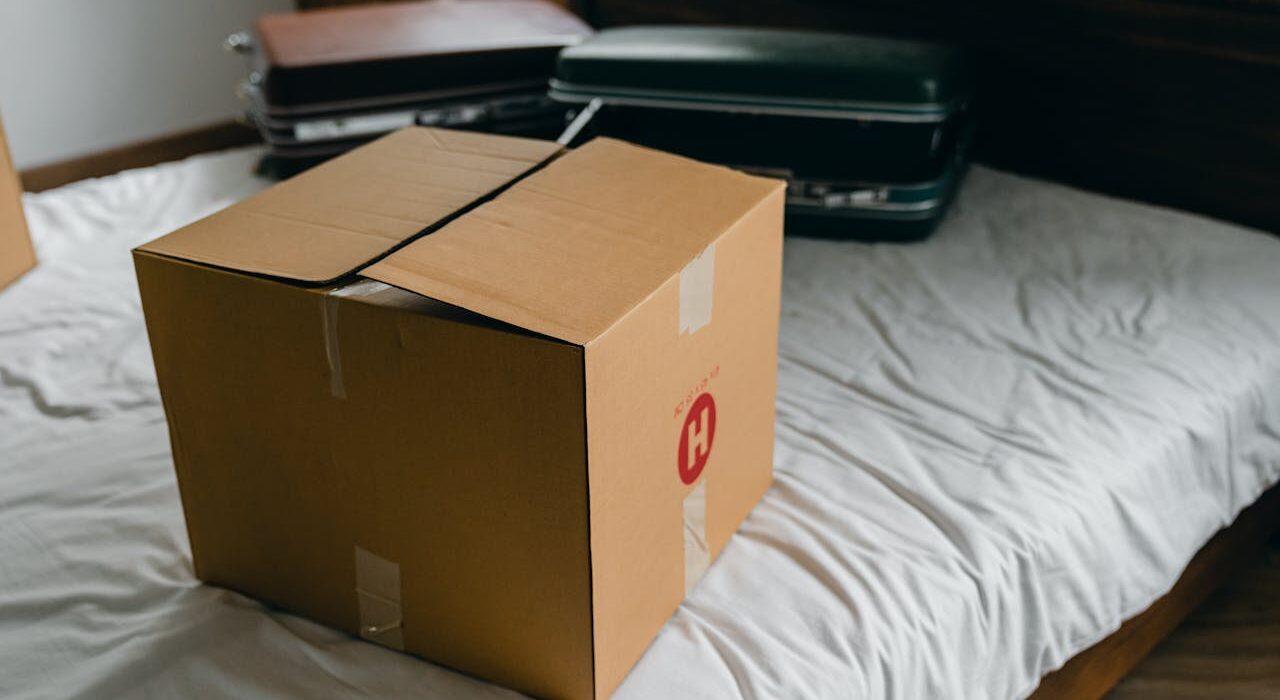The issue of finding housing as a language assistant in France is a massive topic. It’s the reason I had to dedicate a long post to the topic. However, there were so many additional points. Points that don’t warrant their own post. But points that every language assistant (and expat) should know before their arrival. So here is a list of additional factors to consider when looking for housing on TAPIF .
Cost of Living
Once you’ve received your arrêté de nomination and know what school(s) you’ve been placed at, do some research on the cost of living in that city. Some of that research will involve Google. But don’t neglect to reach out to your prof ref or the previous assistant. You want to go in with an idea of your budget and living expenses. And don’t let the “small town” moniker fool you. I lived in a town so small that I was the only black person who lived there. Yet it had an Hermès, a Louis Vuitton, and was filled with Porsches and Ferraris every weekend.
Roommates
As much as your idea of living your best French life may not involve a roommate, economics may say otherwise. In my first apartment, neither I nor my roommate could afford to live there without the other. I understood much later that we also provided each other with a support system that is crucial during TAPIF. And it won’t matter how independent of a person you are, at some point you will need human contact. So having a roommate is helpful when paying the bills, and is a chance to make a new friend. And my old roommate was one of the best people I’ve ever met.
Other Expenses
Before you sign a lease and move in anywhere, ask the landlord about the utilities (les charges) and the taxe d’habitation. Normally they should specify how much of your total rent is going towards utilities. However, I have found myself in a position where the payment schedule was very unusual and I got slapped with a huge bill at the end of my stay. So take nothing for granted.
CAF
I’m hoping that my blog is not the first place you’ve heard about CAF. In case it is, Caisses d’Allocations familiales or CAF is the government body which provides different types of aid. This includes Aides personnelles au logement (APL), or housing aid. Whether you think you need it or not, I’m advising you to apply for it anyways. You qualify for it given your paltry salary (no offense), and who doesn’t want free money? Before you get your hopes up, you need to check with your landlord on whether your residence is eligible for CAF. And whether you would receive the payments directly or they will (and deduct it from your monthly rent). Also note that CAF doesn’t pay for your first month. Thanks to French bureaucracy, it’s unclear if and when you’ll see a payment. It’s possible that you’ll never see a cent, or you’ll receive a lump sum towards the end of your stay. So choose an apartment that you can afford to live in without CAF. There’s discourse around closing your CAF account before you leave. Yet in my personal experience the payments ended automatically when my visa expired so no harm done.
Commuting
Remember how the first item on this list was to find out the cost of living? Well, that also factors in transportation costs and the practicality of commuting. During my first contract, my commute time was a whopping 2-minute walk because I lived next to the school. Maybe my rent could’ve been lower if I moved to a bigger city. But I would’ve spent up to 10€ and three hours daily commuting by bus. I can’t say for sure whether I would’ve saved money, but I know for sure I would’ve lost time. However when I moved to Paris, a 50-minute tram ride to work was significantly cheaper than finding a closer apartment. So crunch the numbers based on your situation. Note that the Académie is obligated to pay for half of your transportation fees, depending on how far away you live.
Renter’s Insurance
In France, when you rent an apartment, you need insurance. This is non-negotiable; it’s the law. And landlords will ask for documentation of your rental insurance when you move in. The easy part is that you can get rental insurance through your bank. They’ll just take the money from your account automatically every month. Truth be told, it’s a hassle to sign up with so many companies just for 8 months. Check with your bank, but if you’re sharing an apartment with a roommate, it may be that only one of you needs to get insurance for the entire apartment. But don’t quote me on that.
Former Assistants
When all is said and done, I’m just a girl on the internet sharing her personal experiences. Some of which, may be completely unrelated to you. However, past assistants who were assigned to your school or your Académie are in a better position to guide you. They’ll likely be able to tell you where to find affordable housing. Or better yet, set you up where they used to live. I am so grateful for the contacts and information that the previous Jamaican assistant in Paris gave me. Otherwise I couldn’t survive the Parisian rental market.
Guarantor
One of the hardest parts of securing an apartment in France, especially as a foreigner, is providing a guarantor. You’re in a foreign country where you don’t know anyone, nor does anyone know you well enough to be willing to act as your guarantor. Thankfully, there are websites such as Visale and Garantme that serve as digital guarantors. While there are some landlords that still want a human guarantor, these options are valid ones.
If you’re a language assistant or an expat living in France, drop a comment with your housing suggestions. Subscribe below so you can receive notifications of new posts.





French-Action
Thanks for your article. I found it very interesting and informative. Finding housing is so difficult that it does help when you get tips from previous assistants like yourself. I was not aware of the use of the guarantor.
I agree with you regarding CAF. It’s always worth trying. There is a video on French-Action that explains how to apply for housing benefits in France.
I am pleased that you got on with your roommate. I hope you spoke French with him.her!